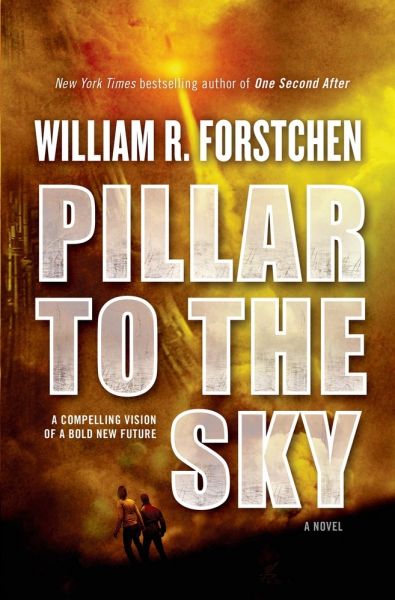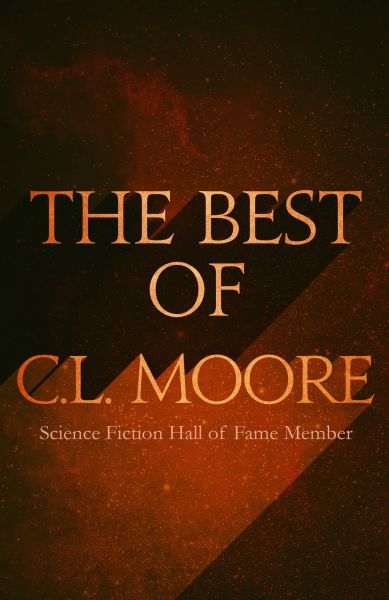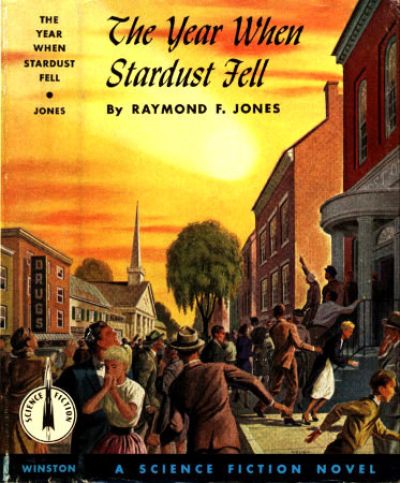These are the stories the Dogs tell
City
By Clifford D. Simak

11 Oct, 2015
Because My Tears Are Delicious To You
0 comments
Clifford D. Simak’s City contains material written in the 1940s, material that wasn’t collected into book form until 1952. New interstitial material transformed it into something like a novel.
City was popular and has been reprinted in many editions. The edition I own is the Ace mass market paperback, which means it does include Simak’s 1976 introduction (not included in earlier editions), but it does not include “Epilog,” which was written for the 1973 tribute collection for Astounding: John W. Campbell Memorial Anthology1. (“Epilog” is included in later editions of City.)
While it didn’t win the Hugo2, City did win the International Fantasy Award. My copy is well-worn; I still regard it fondly, despite the fact that it would seem to be exactly the sort of city-hating SF I loathe. And the book isn’t exactly keen on humans either. But it has the Dogs and the Cobbly worlds, and apparently that’s enough for me. And for many other readers as well.










